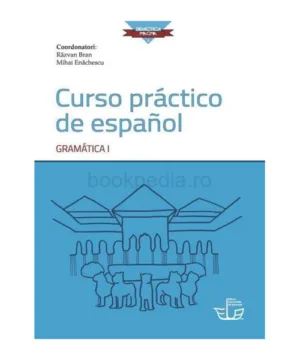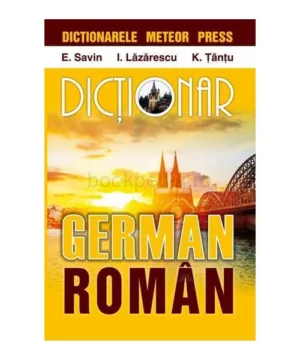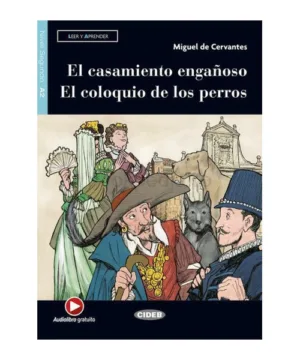War in Peace: Paramilitary Violence in Europe after the Great War
251,25 lei
| Authors | Robert Gerwarth, John Horne |
|---|---|
| Publisher | Oxford University Press |
| Year | 2013 |
| Pages | 267 |
Additional information
| General | |
|---|---|
| Authors | Robert Gerwarth, John Horne |
| Publisher | Oxford University Press |
| Year | 2013 |
| Others | |
| Identification | |
| ISBN-13 | 9780199686056 |
| Format | |
| Pages | 267 |
Description
The First World War did not end in November 1918. In Russia and Eastern Europe it finished up to a year earlier, and both there and elsewhere in Europe it triggered conflicts that lasted down to 1923. Paramilitary formations were prominent in this continuation of the war. They had some features of formal military organizations, but were used in opposition to the regular military as an instrument of revolution or as an adjunct or substitute for military forces when these were unable by themselves to put down a revolution (whether class or national). Paramilitary violence thus arose in different contexts. It was an important aspect of the violence unleashed by class revolution in Russia. It structured the counter-revolution in central and Eastern Europe, including Finland and Italy, which reacted against a mythic version of Bolshevik class violence in the name of order and authority. It also shaped the struggles over borders and ethnicity in the new states that replaced the multi-national empires of Russia, Austria-Hungary and Ottoman Turkey. It was prominent on all sides in the wars for Irish independence. In many cases, paramilitary violence was charged with political significance and acquired a long-lasting symbolism and influence.
War in Peace explores the differences and similarities between these various kinds of paramilitary violence within one volume for the first time. It thereby contributes to our understanding of the difficult transitions from war to peace. It also helps to re-situate the Great War in a longer-term context and to explain its enduring impact.
















